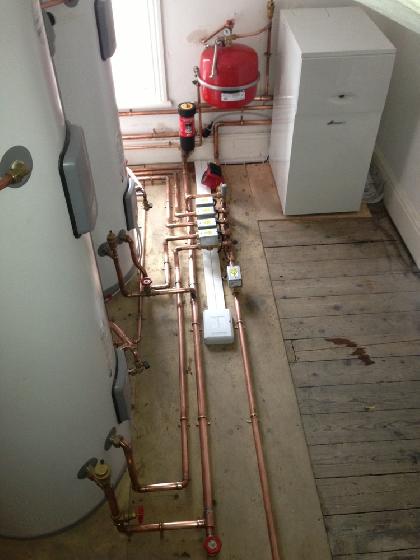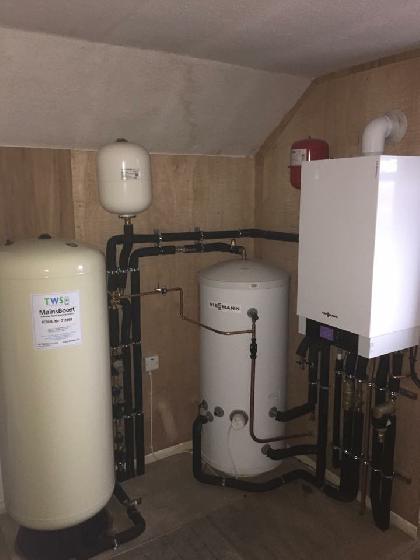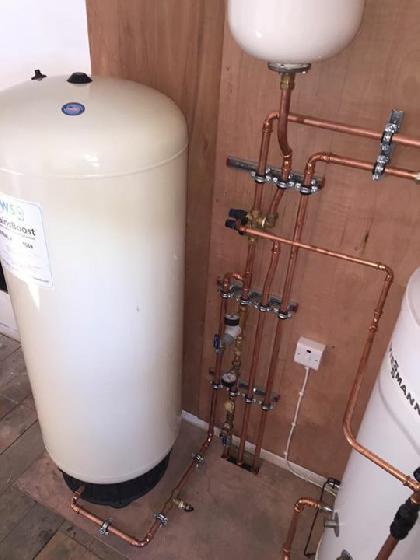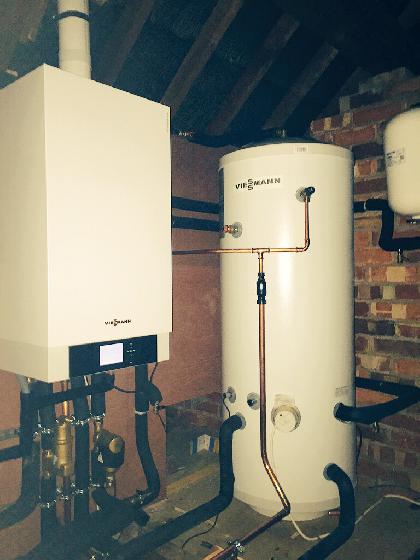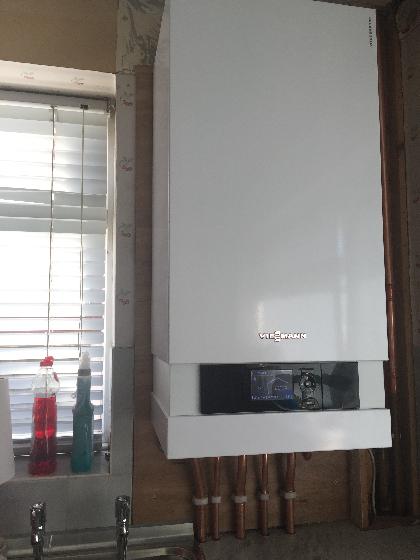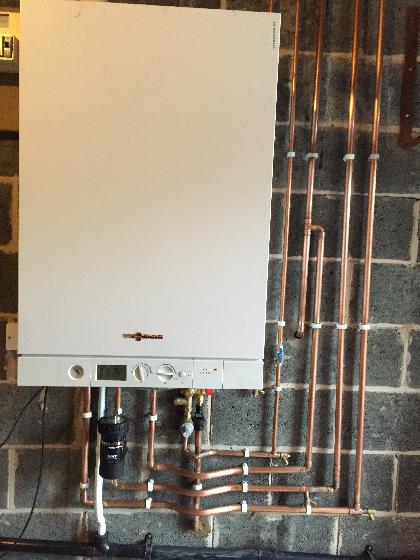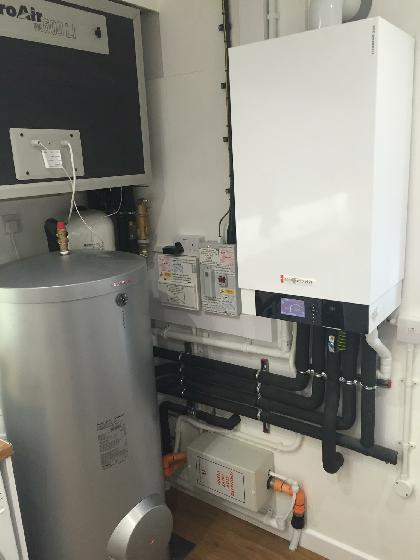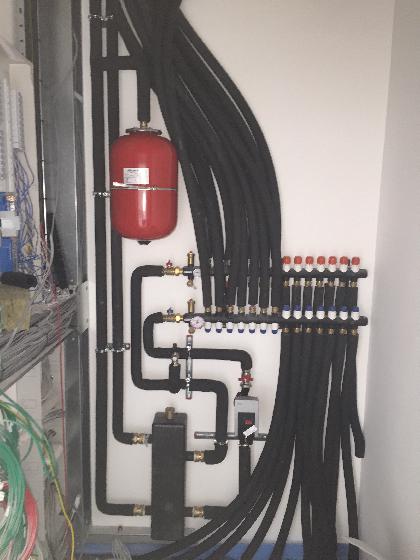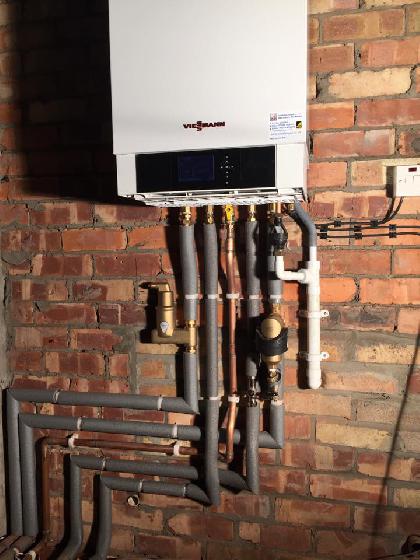It’s been too long since I did a blog post. Myself and Sonata have been incredibly busy building a growing team of hard working, highly skilled staff. I thank them all for putting up with me and for helping me provide the highest level of service we can.
I am proud to say that we are now qualified to install heat pumps and have our first up and running in Birkdale. If your home isn’t the most insulated, it doesn’t mean that you can’t have a heat pump.
I am writing this to put right what I feel is a myth that has gained traction since the recent government announcement on £5,000 grants for heat pumps.
In Lithuania where my wife is from, they heat homes when it’s down to -20 degrees C outside. Heat pumps work there too. They are also very popular in Norway, Sweden, Finland, Estonia, Poland and Denmark.
Where we live and work in the North West of England, we mostly design central heating systems to heat rooms to 21 degrees C inside down to -3 degrees C outside (a 24 degree C temperature rise) that’s the same whether it’s a gas boiler or a heat pump and no problem for either as long as your system is designed and installed correctly.
Just like your boiler and radiators don’t stop working if it becomes colder than this, heat pumps don’t stop working when it is extremely cold outside either. If your system is trying to work beyond it’s design capacity, you would notice a drop in room temperature.
The colder it is outside, your boiler or heat pump has to produce a higher flow temperature to heat the rooms to the same indoor temperature.
The lower the flow temperature you run a heat pump system, the more efficient it is. Again this is the same with a modern gas boiler but you will really benefit from a lower temperature heating system if you have a heat pump.
Heat pumps are so efficient because they use electricity plus solar energy to generate heat and hot water (via a hot water cylinder). Heat pump efficiency is measured in Coefficient of Performance (CoP). For example, if your heat pump is running at a CoP of 3, that means for every 1kW of electricity, your heat pump would generate 3kW of heat.
So how do we increase the CoP? We need to lower the flow temperature which your heating system runs at whilst achieving the desired indoor temperature at the design outdoor temperature. We can do this by installing larger radiators, underfloor heating (closer pipe spacing the better) or increasing insulation.
Insulating is always a good idea no matter which heating technology you choose because it has the added benefit of reducing your overall energy demand. The more the better, but little is better than none.
None of this means we have to carry on burning fossil fuels until everyone has insulated their home to Passivhaus standard.
Heat pumps are a proven technology, an excellent, green choice for replacing your gas or oil boiler. If we really wish see the benefit of heat pumps for future generations and for the planet, it is paramount that they are installed correctly by knowledgable and skilled engineers who understand and believe in the technology as well as know how to make them work efficiently.
Let’s get gas boilers replaced with low carbon heat pumps, but let’s do it properly.
Michael Sammon Eng Tech MCIPHE RP RHP
Director

